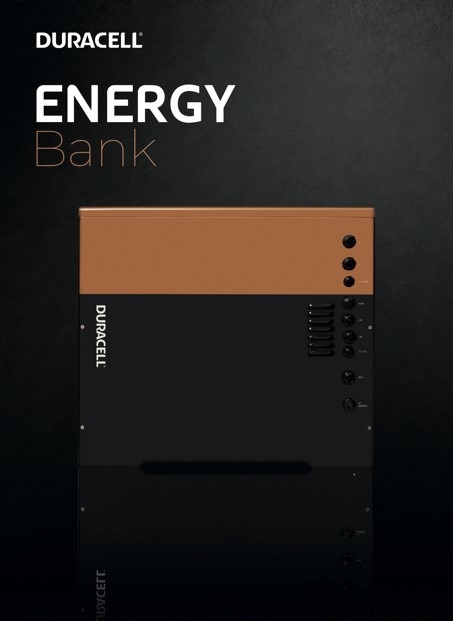
Image: Moixa.
Moixa has launched its latest residential energy storage unit, utilising 4.8kWh of storage capacity to offer homeowners greater benefits from time of use tariffs and arbitrage models.
The new ‘family-sized’ smart battery, which will be showcased at Solar & Storage Live next week, is the company’s largest following its 2kWh and 3kWh systems, and is intended to reflect the emerging energy tariffs that are becoming more readily available across the domestic retail supply market.
The company says its new offering will help owners take advantage of ToU tariffs that reward them for powering their homes and charging electric vehicles when electricity demand is low.
To this end, the company is exploring options with a number of energy companies, with an announcement expected soon. An offer will be aimed at both night time charging and Moixa’s electric vehicle customer base that is seeking flexibility around pricing.
Simon Daniel, chief executive of Moixa, said: “The next decade will see growing numbers of UK homes become mini power stations, generating and storing electricity, buying it when it is cheap and selling it back to the grid to support a cost-effective, low-carbon energy system.
“We want to help customers take part in the smart power revolution and share its rewards. Our smart batteries know when it makes sense to buy energy and when to export it. They will soon know whether it’s better to charge your car battery or use it to power your home.”
The company also plans to introduce a tool that will recommend the best energy tariff to customers based on their consumption patterns and their solar production.
The 4.8kWh lithium-ion battery will retail at £3,950 including VAT and installation, while a package offer including a 4kWp solar PV system will be sold for £8,500.
Moixa’s new product launch is the latest in a series of announcements to have come from the home energy storage market as demand is expected to increase over the coming year.
SolaX Power, also exhibiting at Birmingham’s NEC between 16-18 October, this week told Solar Power Portal that it was expecting “huge growth” over 2019 as utilities set out to make “a lot of noise about battery storage” by launching new offers and direct marketing strategies.
New entrants are also coming into the market, with Duracell preparing to launch a home energy storage system using cloud-based AI and software platforms to allow homes to trade energy and participate in grid-balancing and network services platforms.
The company recently released the first image of its new home battery, sticking to the iconic design that has become synonymous with its range of existing consumer electronics batteries.

Image: Social Energy.

